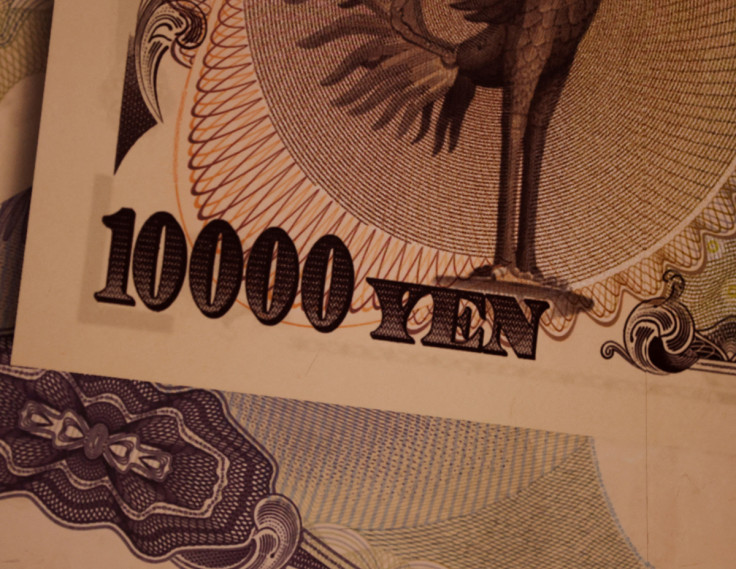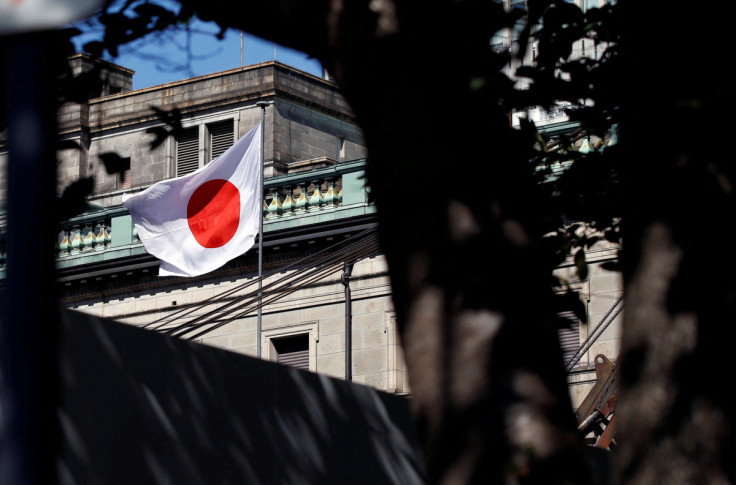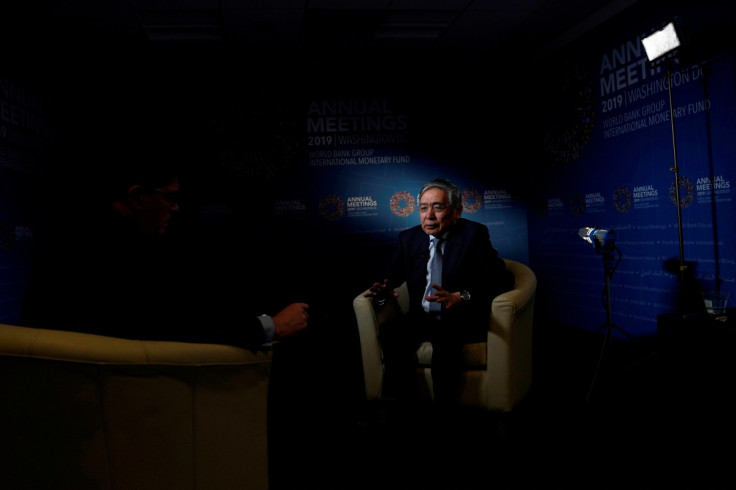IMF: BOJ Should Let Long-term Yields Rise, Be Ready To Raise Rates

The Bank of Japan should let government bond yields move more flexibly and be ready to raise short-term interest rates swiftly if "significant" upside risks to inflation materialise, the International Monetary Fund (IMF) said on Thursday.
In a proposal after an annual policy consultation with Japan, the IMF said the central bank's ultra-loose monetary policy remains appropriate as inflation is likely to fall back below its 2% target by the end of 2024 unless wages rise significantly.
But with upside risks to inflation becoming more prominent in the world's third-biggest economy, the IMF said, the Bank of Japan (BOJ) should give long-term yields freer rein, such as by raising its 10-year bond yield target or widening the range it tolerates.
With Japan's core consumer inflation at a 41-year high 4%, double the BOJ's target, markets have been betting the central bank will phase out its aggressive stimulus when dovish Governor Haruhiko Kuroda retires in April.
Unlike central banks worldwide that have aggressively raised interest rates, the BOJ has stuck with an ultra-low rate policy, called yield curve control (YCC), that applies a negative interest rate to some short-term funds and targets the 10-year yield around zero.
The global lender's proposals contrast with those it made last year, when it urged the central bank to maintain ultra-loose policy to support Japan's recovery from the damage of the COVID-19 pandemic.
"Given the two-sided risks to inflation, more flexibility in long-term yields would help to avoid abrupt changes later. This would help better manage inflation risks and also help address the side-effects of prolonged easing," the IMF said.
EYING THE EXIT
The IMF said the BOJ could also consider options such as targeting a shorter-term yield or the pace of its bond buying. Such steps, it said, would help mitigate the side effects of prolonged easing, such as distortions in the yield curve caused by the BOJ's massive government bond purchases.
If inflation risks heighten significantly, the BOJ must withdraw monetary support more forcefully, such as by raising short-term rates "much earlier and above the neutral rate" to anchor inflation back towards its 2% target, it said.
When the BOJ exits ultra-low rates, it must provide clear guidance on the pre-conditions for the policy rate shift to help anchor market expectations and strengthen the credibility of its commitment to hitting its price target, the IMF said.
The BOJ doubled its allowance band for the 10-year yield in December to 0.5% above or below zero. It beefed up a market operation tool in January to defend the new cap, aiming to extend YCC's lifespan.
Aside from increased side effects of prolonged easing, the BOJ's ultra-low interest rates drew fire from critics for causing the yen to plunge, boosting the cost of raw material imports. The dollar touched a 32-year high around 152 yen last year, prompting authorities to intervene in the currency market to prop up the Japanese currency.
The IMF said while currency intervention could tame excessive volatility and keep the pace of yen moves better aligned with fundamentals, its effects are likely temporary.
Intervention, then, "should be limited to special circumstances such as disorderly market conditions, risks to financial stability" and concerns that foreign-exchange moves could de-anchor inflation expectations, the IMF said.


© Copyright Thomson Reuters 2024. All rights reserved.











